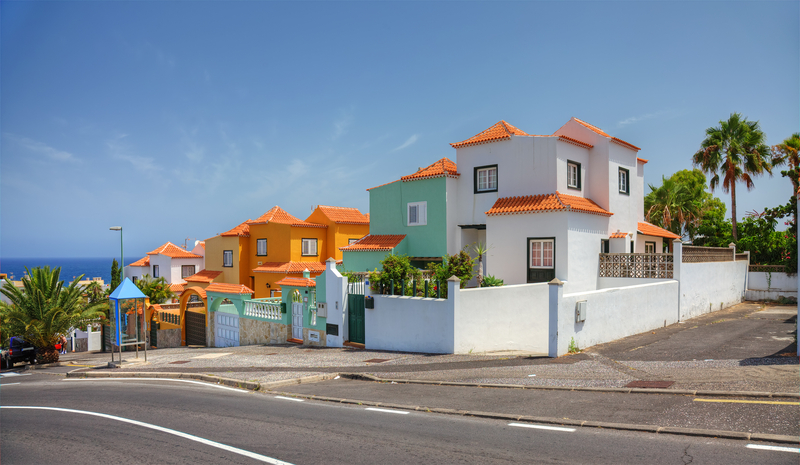
Real estate prices continue to rise inexorably in a “perfect storm” economic scenario. Last year, prices increased by 5.8% year-on-year, and the momentum is expected to increase through 2025. Specifically, BBVA analysts estimate that prices will rise by 7.3% this year and 5.3% in 2026. These forecasts are well above the expected increases in consumer prices and wages over the next two years.
These developments are reflected in the May Housing Observatory report published by BBVA Research, the bank’s think tank. The scenario outlined by the analysts suggests that housing costs will continue to rise. On the one hand, the economy continues to grow strongly, with a projected increase of 2.6% through 2025. The labor market remains dynamic, with a high proportion of migrants among new hires.
Migration flows have fueled the growth of Spain’s population, which now stands at 49.1 million—2 million more than in 2019. Forecasts indicate that the influx of migrant workers will continue in the coming years. BBVA estimates that Spain’s resident population could reach 52 million by 2030, resulting in an additional housing demand of 1.4 to 2.1 million units compared to today.
In addition to the positive macroeconomic phase the country is experiencing—despite the ongoing uncertainties caused by tariffs—the cost of housing has declined. The Euribor fell to 2.134% last April. Forecasts indicate that this indicator, which determines the cost of variable-rate mortgages, could potentially fall further, although the decline is already noticeable.
To complete the multitude of factors supporting prices, the existing housing supply is insufficient to meet the increase in housing demand. Although new construction increased by 16.7% last year, construction forecasts indicate that the number of newly built homes will not be sufficient to meet demand.
In addition, the construction sector has been struggling to find sufficient labor for some time, and material prices have risen significantly in recent years due to high inflation. These two factors are contributing to further increasing housing costs. Added to this are the shortage of available land, the complexity of housing development, the regulatory uncertainty surrounding rentals to tourists, and the lack of financing options.
More than 800,000 sales expected next year
Prices are rising steadily, and the number of home sales is also not standing still. After a slight decline in 2023 due to the dramatic rise in interest rates, 717,600 transactions (mostly resale homes) are expected to be signed in 2024, an increase of 11.7%. BBVA forecasts for this year predict that sales will continue to rise, reaching 780,000 homes. The following year, an increase to over 800,000 sales is expected.
Last year, sales increased in all regions of Spain, except the Canary Islands. The proportion of foreign buyers is notable, accounting for around 20% of total sales last year. However, in regions such as the Valencian Community, the Balearic Islands, and the Canary Islands, this share exceeds 30%. The main nationalities of buyers are, in that order, British, German, Moroccan, and French.
The relentless rise in prices, which has so far failed to keep pace with wages, is putting increasing pressure on household budgets. The wage bill—the proportion of household income spent on housing costs—is now almost 30%. The situation is particularly tense in regions such as the Balearic Islands, where the expenditure is over 40%, as well as in the Basque Country, Madrid, the Canary Islands, Andalusia and Catalonia.



